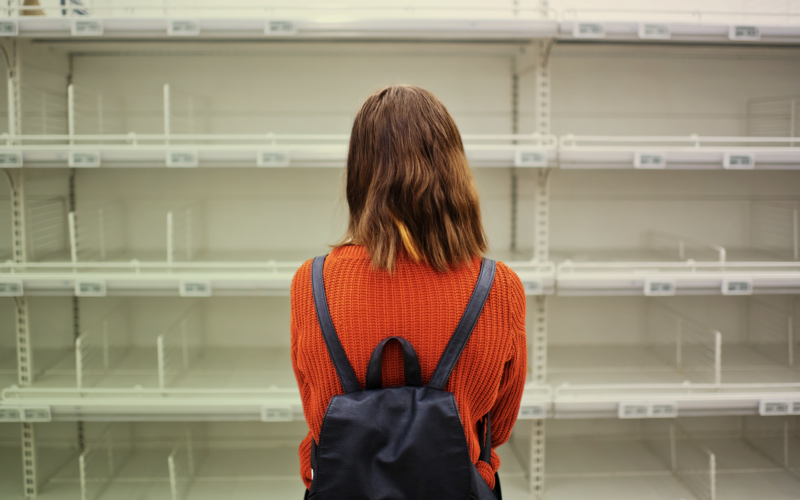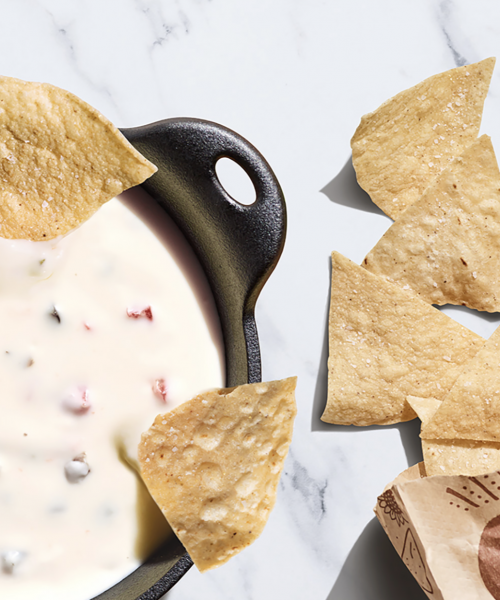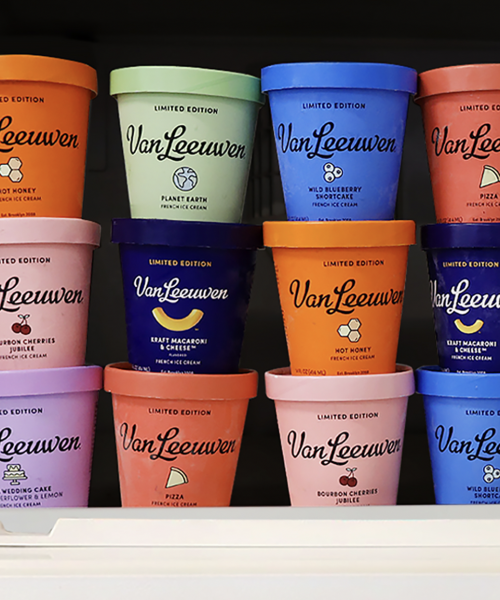By Michael Y. Park | FoodAndWine.Com
Troy Warren for CNT #Foodie
The first step: Don’t panic.
The Thanksgiving table may be a little bit barer this year, thanks to nationwide food shortages that are expected to make everything from turkey to canned cranberry sauce scarcer this fall.
“It was difficult sourcing product during the pandemic last year, but it is equally as difficult now,” Stew Leonard Jr., CEO of the grocery chain Stew Leonard’s, told TODAY in an email this week. “But we’re seeing a shortage with fresh product, like turkeys for Thanksgiving, fresh fish and center-cut steaks like rib-eye and porterhouse.”
Several factors are converging to create a shortage just in time for the beginning of the holiday season. For one, the labor shortage has rippled across nearly every supply chain. It’s not only made it harder to grow, raise and cultivate food, but it’s also meant that sometimes food is just sitting on ships or train cars waiting to be unloaded by workers who aren’t there.
“We’re having trouble getting New Zealand lamb, as there are ships waiting to be unloaded at the dock because there aren’t enough dock workers,” Leonard said.
And it’s not necessarily going to get any better. Farms in dire need of farmhands are also competing for workers with the service industry, which requires less grueling physical labor and often pays more.
“It’s even more challenging now to find people who want to work on farms than it was before. We’re perennially short-handed,” Jayne Sebright, executive director of the Center for Dairy Excellence, a Pennsylvania-based farmers’ advocacy group, told the Associated Press in July.
That means processing plants won’t be able to pump out as many chickens, turkeys and other meats as before—and that you’ll be seeing fewer of them in the grocery store. You may even notice it’s harder to get pet food, because manufacturers rely on meat byproducts. (Here’s what you should know about meat shortages right now.)
Then there’s the aluminum shortage. All the hoarding of canned goods at the beginning of the pandemic led to shortages of the metal, which has skyrocketed 40% in price since the beginning of the year and 9% just this month, according Jayson L. Lusk, head of Purdue University’s department of agricultural economics. That means you shouldn’t be surprised if the supermarket shelves aren’t fully stocked with canned goods.
And it looks like Lunchables will continue to be the unicorn of the school lunchroom. It’s not clear exactly why the beloved kids’ meals have disappeared off shelves, besides demand, but they remain relatively hard to find.
Still, none of this is a reason to panic, as the shortages don’t seem as widespread as they were at the beginning of 2020 and can be avoided in most cases with a little planning — like ordering a frozen turkey ahead of time this November.
“It’s not like at the beginning of the pandemic, when people went out and cleared shelves to stockpile and panicked,” Katie Denis, vice president of research for the Consumer Brands Association, told Taste of Home.
In Other NEWS



































